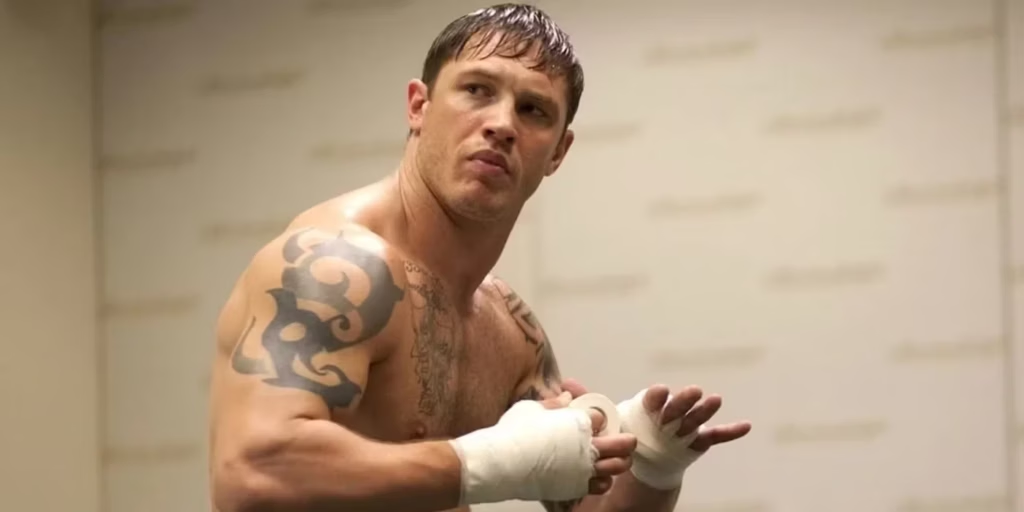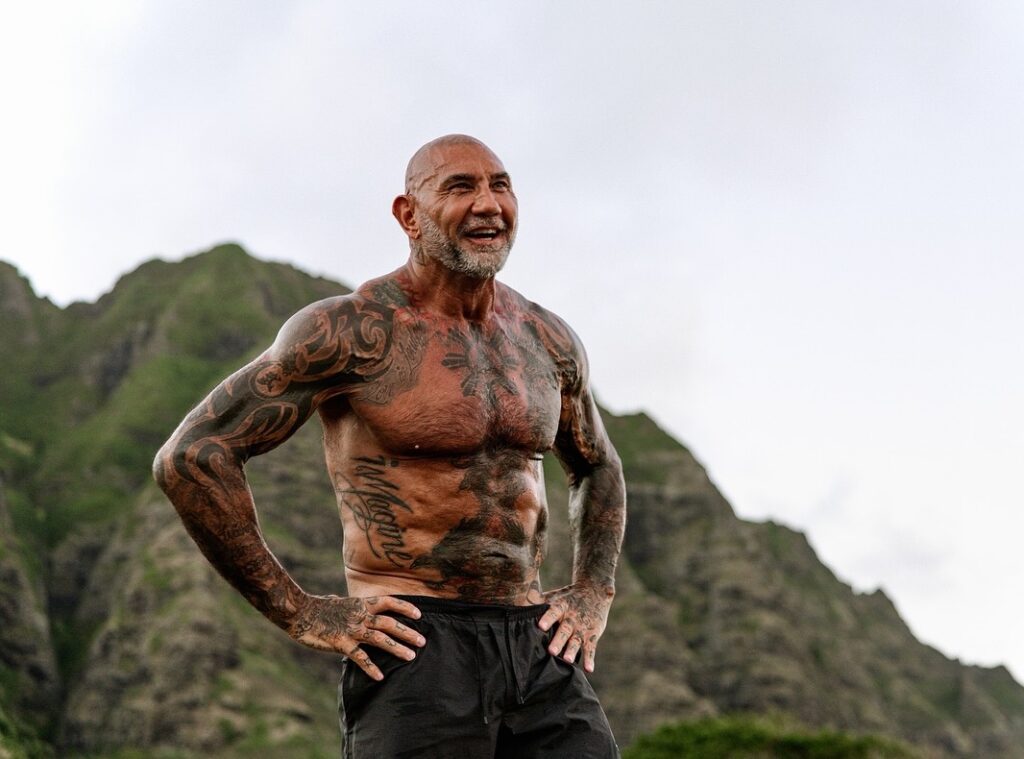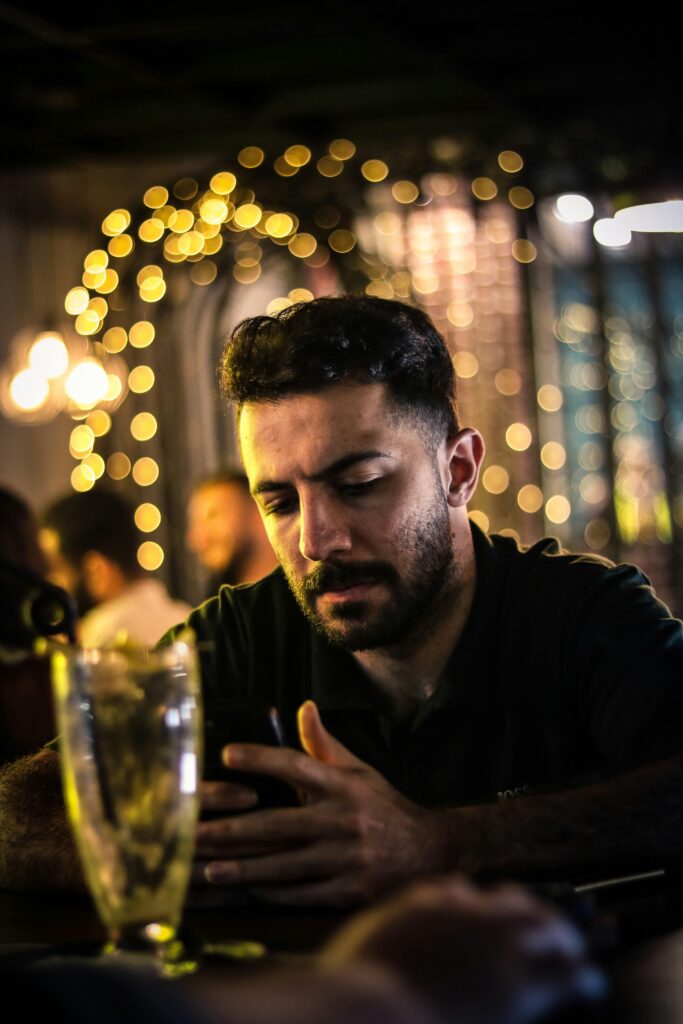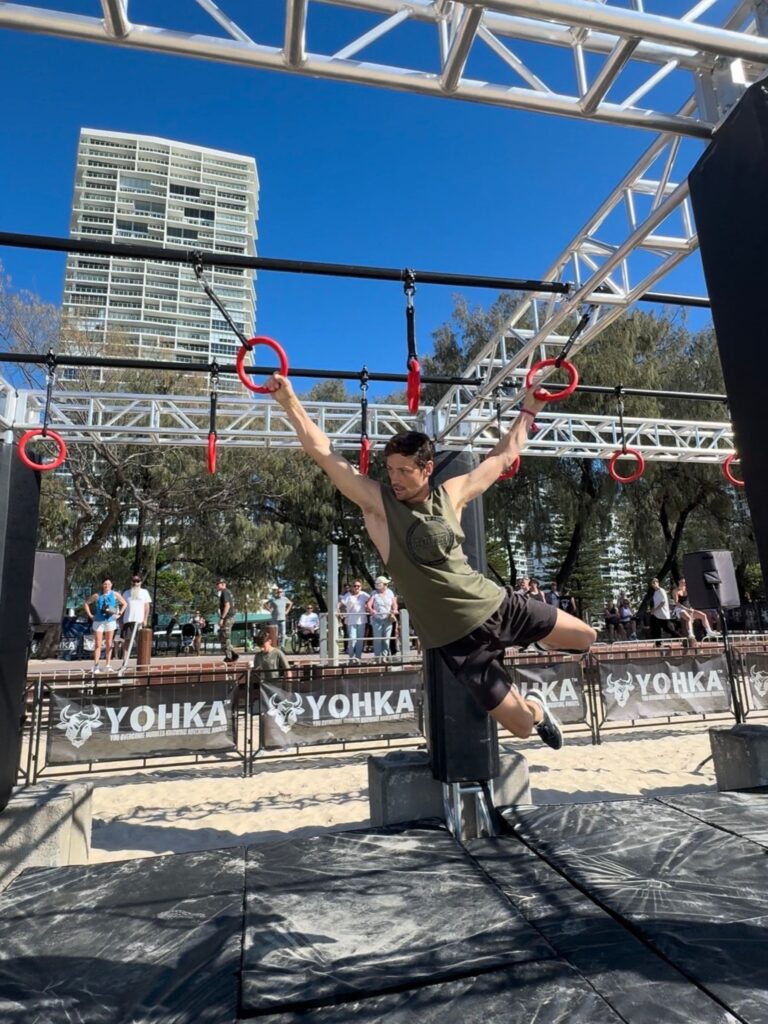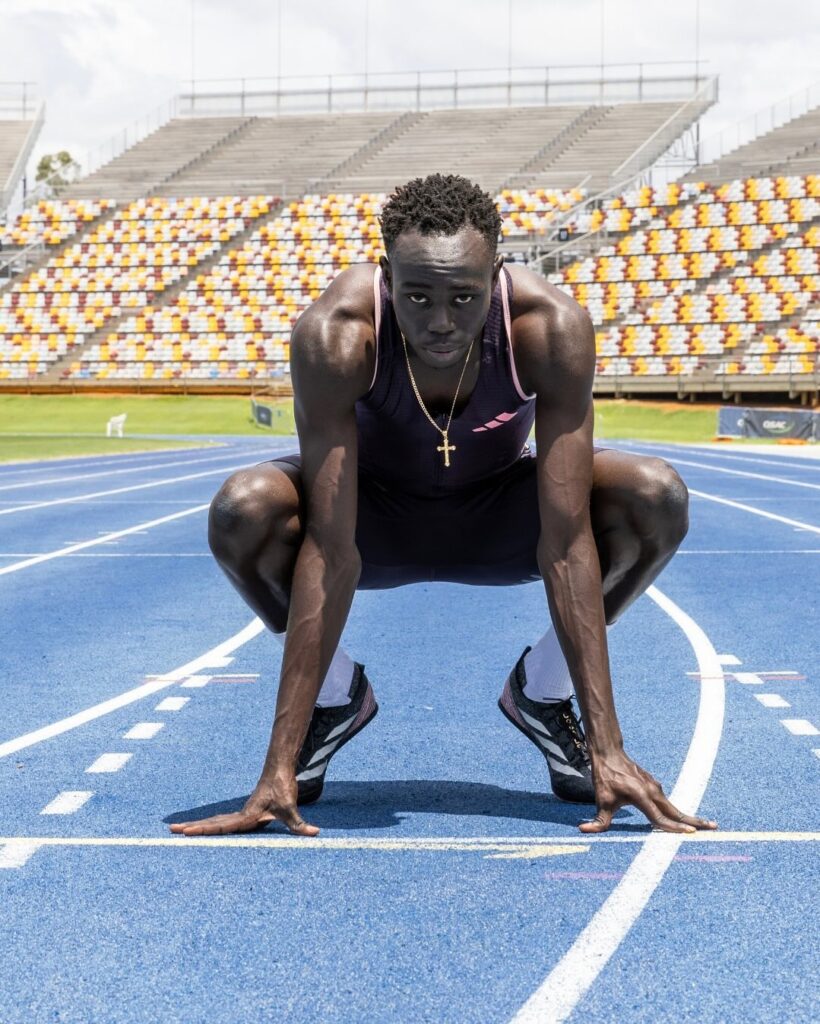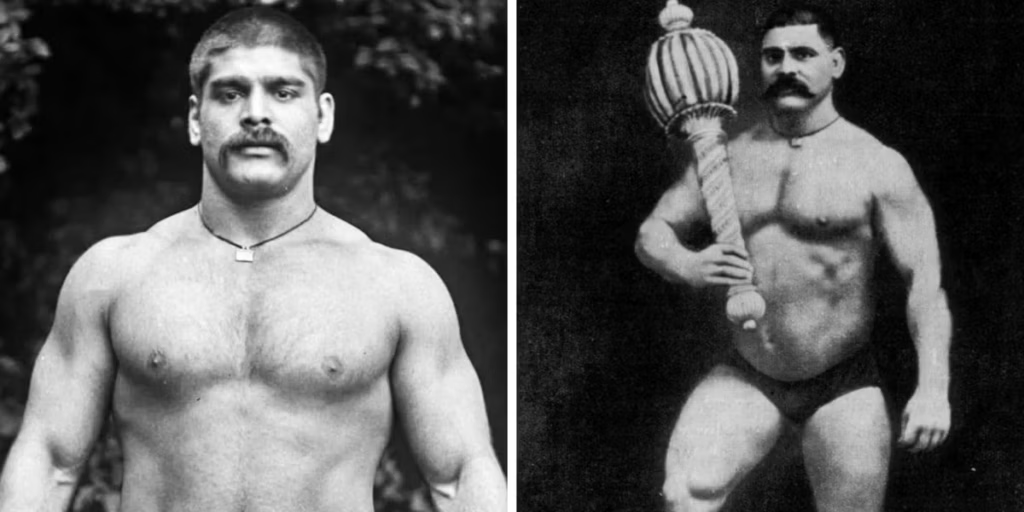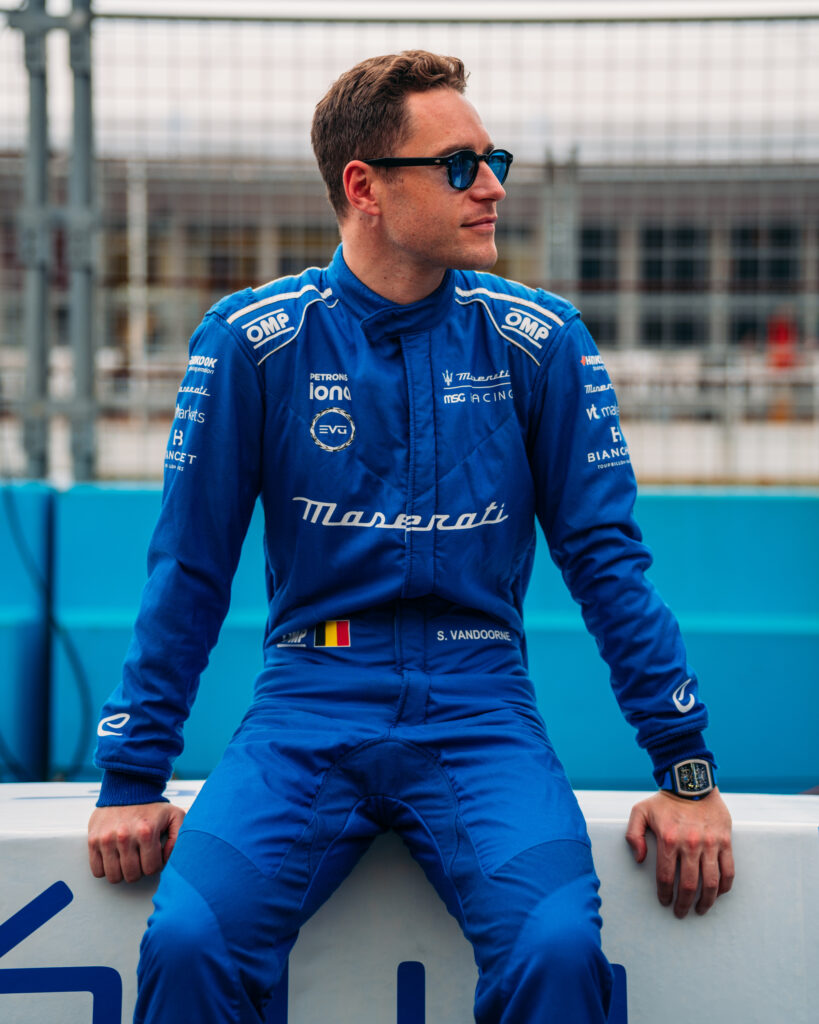There are many strategies people use to help manage their PTSD, and for Australian Army veteran Brad Copelin, it had everything to do with fitness.
Serving in the army for 24 years, Copelin started in the infantry and finished off in the military police where he served in both Afghanistan and in a peacekeeping mission in the Solomon Islands, but after 24 years he was sadly medically discharged.
Not mentally ready to leave at only 41, the veteran went through a tough transition period, having to start all over again. He went from leading soldiers in a team environment, to the life of a stay at home Dad. He felt he had let people down, which caused severe depression and affected his family greatly.
Turning to running as a coping strategy for his PTSD alongside his daughters, he has participated in the Real Insurance Sydney Harbour 10K and 5K fun run a number of times, and hopes to help his daughters – and others – start to understand the mental health implications for veterans.
This is his story.
What was it like going through that transition period when you left defence?
Challenging, confusing and at times, lost. I wasn’t leaving by choice; I was being discharged medically – I wanted to serve until retirement. I struggled greatly with ‘loss of identity’. I went from being a Warrant Officer to stay at home dad.
How did you manage your mental health, if at all?
I hid it from the army for over four years but after I was discharged, I managed it poorly. I didn’t exercise, ate poorly, and drank far too much. I adopted bad coping mechanisms.
How did running come into the picture?
It came back into the picture after I made the Australian Invictus Games team in London. I worked hard to lose all the post army weight and started to run again. I started running events with my daughters (SH10 / Blackmores 10 / Sutherland 2 Surf / City 2 Surf) and half marathons (Sydney, Canberra & Ottawa) with the RSL Adaptive Sports program.
How do you use it to cope with your PTSD?
It’s me against me. My fitness is not about being better than someone else – It’s about being better than I used to be. Over time my daughters started running with me. My eldest first and then her younger sister. It’s a good bonding activity, plus they always outrun me at the finish line! My girls know a lot about veterans’ mental health, and they are there for support. They know I don’t like crowds and know where I position myself at the start and where I like to run. If I have issues, they are my rock.
I also feel it is a good example for my adult son, and his two sons.
Tell us about the work you do with RSL DefenceCare and the National Centre for Veterans’ Healthcare.
I had been a volunteer with RSL DefenceCare for some time and after the Invictus Games and a couple of other public activities, they asked me to become an ambassador. I see my role as a public advocate for the support they give veterans and their families.
This role has been a family thing. My son and daughters’ have fund raised for RSL DefenceCare and supported me at public speaking events. My daughters took a very public role in the 2019 Poppy Appeal.
I initially I was asked to be veteran advisor to the NCVH project team. Once the trial started at Concord Hospital, I was appointed to the NCVH Advisory Council. This centre provides a paradigm shift in the healthcare of veterans and their families. It can be accessed from anywhere in the country. It is the first time this type of centre has be established. I trust the NVCH team so much, I have even been a patient / client.
These two roles are my passion as a volunteer. When I was discharged, it was my intention to fade away. I was given a very blunt assessment by very well-known army leader, that leadership and passion is just as important, if not more so, in the veteran community. The NCVH and RSL DefenceCare allow me to continue to serve.
If depression is affecting your life or you need someone to talk to, please do not suffer in silence. Support is available here.
Lifeline: 13 11 14
Suicide Call Back Service: 1300 659 467
Beyondblue: 1300 224 636








